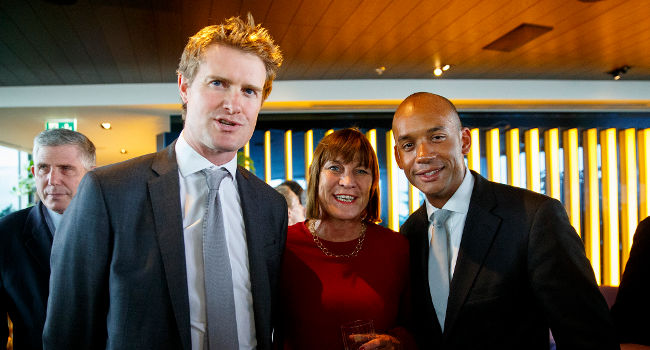The Cayman Islands appears to have rebuffed pressure from the British government to put together a central registry of locally-registered companies intended to combat use of the country as a tax haven.
Government in the Caribbean island chain refused to collect and divulge information about ownership of firms that are registered there, a stance British overseas territories Bermuda and the British Virgin Islands have also taken because of concerns it might make the country a less attractive place for investment.
Yet despite prime minister David Cameron previously urging overseas territory governments to improve their transparency around “beneficial ownership”, in which the true owner of an asset is someone other than that named in legal filings, the Tory government appears to be in retreat.
In a visit to the Caribbean, acting overseas minister Grant Shapps told local press:
“Now in terms of beneficial ownership the principle’s really straight forward: there needs to be – certainly for law enforcement agencies and bodies – the ability to find out who owns what in a transparent way and not only that for that information to be quickly and efficiently available so a single request could go in and the information can be provided.”
Whilst Cayman premier Alden McLaughlin did not dissent from the view that greater transparency was needed, he said that Britain had said that another mechanism could be used to achieve this rather than a central registry, according to CNS Business, though it is unclear what that would entail.
A foreign office spokeswoman told the Guardian:
“As Mr Shapps set out during his visit to the Cayman Islands, our objective is to ensure law enforcement and tax authorities are able to access company beneficial ownership information without restriction. This will ensure relevant authorities can quickly identify all companies that a particular beneficial owner has a stake in, without needing to submit multiple and repeated requests.”
Shapps later clarified on Twitter that overseas territories would set out their timetables for “central registries or similarly effective systems” by November of this year.
.@patrickwintour HMT in March: OTs with financial services to set out timetable for central registries or similarly effective systems by Nov
— Grant Shapps (@grantshapps) September 1, 2015
More information on tax havens and the companies using them to lower their tax bill can be found in this extensive report from the Guardian.
Image Credit – Stingray City, Grand Cayman in January 2013 by KatieTheBeau






